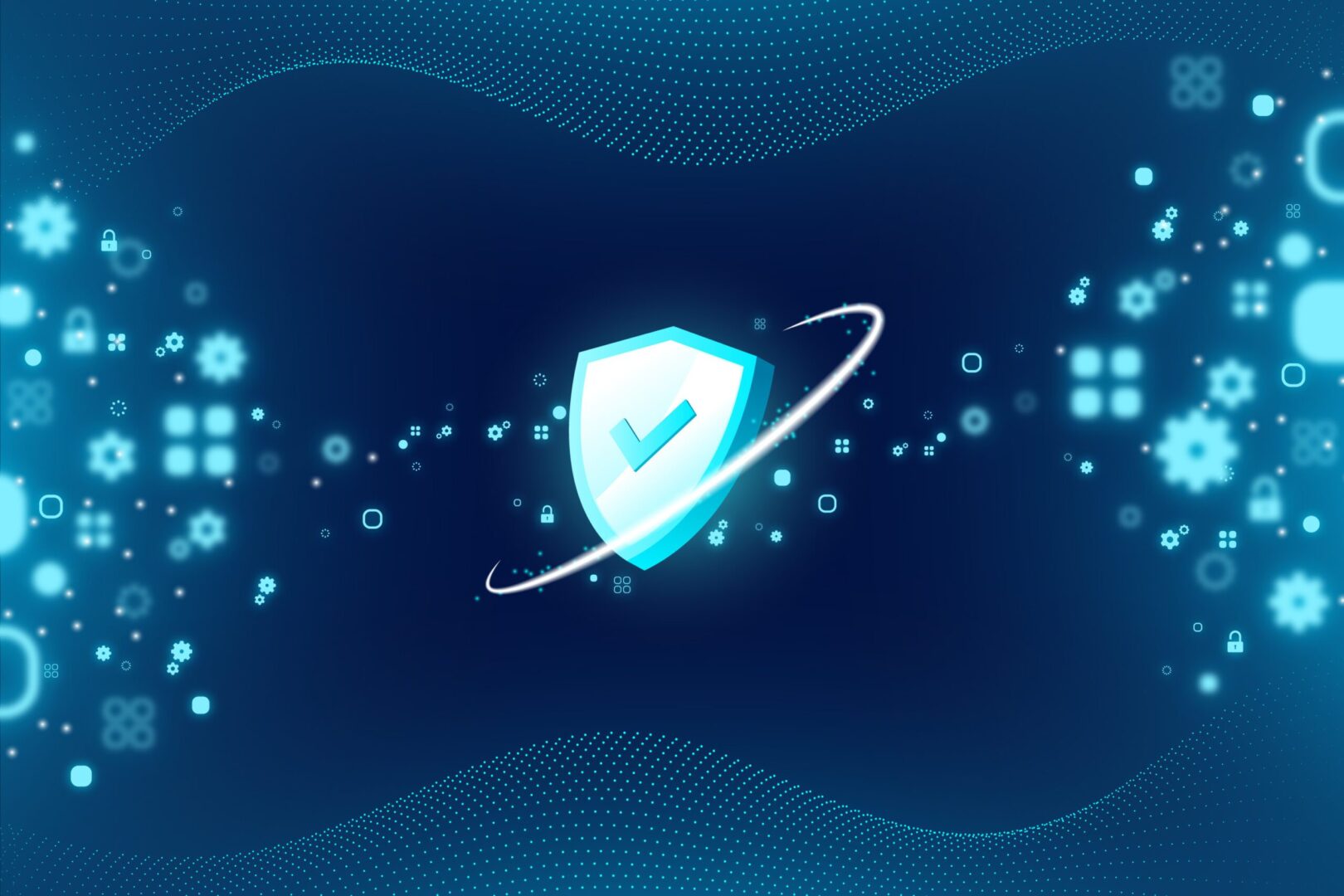This Week in Cyber Security – May 25, 2023

Welcome to the inaugural edition of This Week in Cybersecurity!
As our readers of the blog and followers on LinkedIn and Twitter know, we’ve been all over the latest trends in cybercrime, data protection, authentication, the state of passwords, and so much more. The natural next step is launching a series that rounds up the biggest news of the week in those spaces.
Buckle up, because this week was a doozy. Let’s get into it.
Forrester report identifies generative AI and geopolitical tensions as major cybersecurity threats in 2023.
As reported by VentureBeat, there are two key areas of concern in the world of cybersecurity: generative AI and geopolitical tensions. As generative AI continues to advance, the technology poses a significant risk in the hands of hackers who can create more sophisticated and evasive attacks than ever before. To make matters worse, escalating geopolitical tensions across the globe are expected to fuel cyber warfare, leading to an increase in state-sponsored attacks and cross-border cyber conflicts. Those bad actors now have AI at their disposal.
Our take: Organizations of all sizes must immediately strengthen their cybersecurity measures and adopt tools and frameworks to mitigate these threats. Hackers were never going to miss the opportunities that AI unlocked, they’re just taking advantage of it faster than most organizations and governments anticipated.
Some of Canada’s biggest wealth managers alert clients to a cyber attack.
The Globe and Mail recently covered a data breach in Canada’s wealth management sector that has brought further attention to vulnerabilities in the GoAnywhere system, a popular data transfer tool used by Mackenzie Investments, Franklin Templeton Canada, and many other large organizations throughout the world, all now dealing with the GoAnywhere fallout. The cyberattack compromised sensitive client information at the firms, including social insurance numbers, names, addresses, and account numbers. It’s a resounding reminder to businesses in any sector that they could be next.
Our take: Safeguarding client data must remain a top priority for businesses, and investing in the right cybersecurity strategies is essential to maintaining trust and protecting sensitive information as bad actors get more and more sophisticated, and as our digital world becomes more interconnected. One weak link is all it takes. Invest in cutting-edge processes and tools, and don’t leave your fate in the hands of others.
Ruthless ransomware attack impacts nearly 300,000 DISH customers.
The Record published an update on a February ransomware attack that hit DISH servers, hindering the company’s operations for an extended period of time. We’re learning more about the incident now because DISH is required to disclose details through regulatory procedures. Apparently, the attack knocked out DISH’s internal communications, customer call centers, and websites. DISH then sent out breach notification letters confirming that customers’ personal data was involved, including driver’s license numbers. The attack was only mitigated when they “shut down their internal network, hired cybersecurity experts, and notified law enforcement once they realized the severity of the situation.”
Our take: This one is quite the wake-up call for businesses to prioritize and invest more heavily in cybersecurity. It’s not enough to set up 2FA and educate employees on device management best practices. The modern, full-stack approach against cybercrime includes implementing strong encryption protocols, regularly updating security systems, and moving to systems based on passwordless, biometric authentication. Maintaining the trust and confidence of customers requires a proactive and vigilant approach that’s multiple steps ahead of the hackers.
Quick Bites
According to The HIPAA Journal, “there was a 17.5% month-over-month fall in the number of reported healthcare data breaches with 52 breaches of 500 or more records reported to the HHS’ Office for Civil Rights (OCR) – less than the 12-month average of 58 breaches per month, and one less than in April 2022.” That’s still a lot of breaches, but we love to see progress in such a vital industry!
—
Apria Healthcare, a major home healthcare equipment provider, just disclosed that unauthorized access had been detected within its computer network spanning multiple incidents over multiple years, compromising the PII of up to 1.8 million individuals. According to HackRead, “the data accessed includes account numbers, credit/debit card numbers, account security codes, access codes, passwords, and PINs.” Talk about the holy grail of information for hackers.
—
We loved this opinion piece in Forbes authored by Emil Sayegh, CEO of Ntirety. In his op-ed, entitled “Ignoring Cybersecurity Is Intellectually Dishonest,” he argues that the costs of ignoring cybersecurity are “common knowledge.” He goes on to write, “Yet, organizations are still inviting trouble by using legacy tactics and a multitude of legacy tools, coupled with insufficient planning of their cybersecurity programs.” Sayegh backs these arguments with a ton of data and what businesses can do about the problem. Definitely worth a read.
—
Krebs on Security is always a goldmine of content, and this surely won’t be the last time we share his work in these round-ups. Our top pick from last week was an interview he conducted with a master phisher and spammer of crypto scams. It’s alarming how easy it is for this bad actor to accrue such a high volume of sensitive information in such a short period of time.
Related articles

The complete passwordless authentication solution for your workforce and customers.